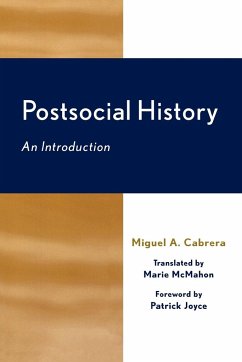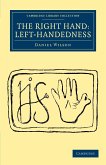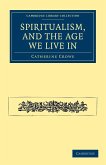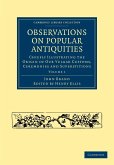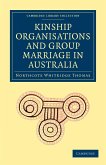In Postsocial History: An Introduction, historian Miguel A. Cabrera points to the crisis of modernity as a locus for the collapse of social historical models. Previously established theories of social change and social relations are proving insufficient, calling for the emergence of a new social historical theory. By arguing convincingly for the inclusion of language in that model, Cabrera awakens a revolutionary new approach to historiography. The book will prove indispensable to historians, and to social scientists in general, who are dissatisfied with the old paradigms and seek new ways of addressing the challenges of social research.
Few works as carefully review, with the same degree of nuance and understanding, the postulates, implications, and historiographical entailments of the linguistic turn for historical writing. -- Gabrielle M. Spiegel, Johns Hopkins University Postsocial History provides a valuable overview of cultural history's broad challenge to traditional conceptions of agency and social action, and it lays out in unusually explicit terms the theoretical grounds-the "theory of society"-on which that challenge rests. Cabrera captures and crystallizes a profound transformation in historical practice and also adds new impetus to the movement he describes. -- Jay M. Smith, University of North Carolina, Chapel Hill Postsocial Historyis a brilliant and penetrating critical examination of the current state of historical thought. Cabrera diagnoses recent changes in historians' practices and argues forcefully for what he sees as a newly crystallizing form of historical explanation. No one who cares about the future of historical thinking can afford to miss this book... -- William Sewell, University of Chicago Cabrera has provided a timely meditation on the discursive turn in historical scholarship. Pulling together debates across the histories of gender and colonialism, as well as social and cultural histories, he meticulously outlines the new 'post-social' questions and agendas for historical research after the discursive turn. It is a fine piece of historiographical writing that should be read by all those interested in understanding the myriad linguistic, cultural and discursive turns over recent decades and the competing histories of the social they have produced. -- James Vernon, University of California, Berkeley Writing history takes place in the shadows of the present. Yet the present has changed so much in the recent past that we have not yet absorbed the implications of our new situation for reading and writing history. Miguel Cabrera offers an energetic and fresh account of how diverse new scholarship has inaugurated 'postsocial' ways of historicizing-discursive ones that have the potential to resonate in a relation between writing history and living historically in the present. -- John R. Hall, University of California, Davis Postsocial Historyis a brilliant and penetrating critical examination of the current state of historical thought. Cabrera diagnoses recent changes in historians' practices and argues forcefully for what he sees as a newly crystallizing form of historical explanation. No one who cares about the future of historical thinking can afford to miss this book. -- William Sewell, University of Chicago

